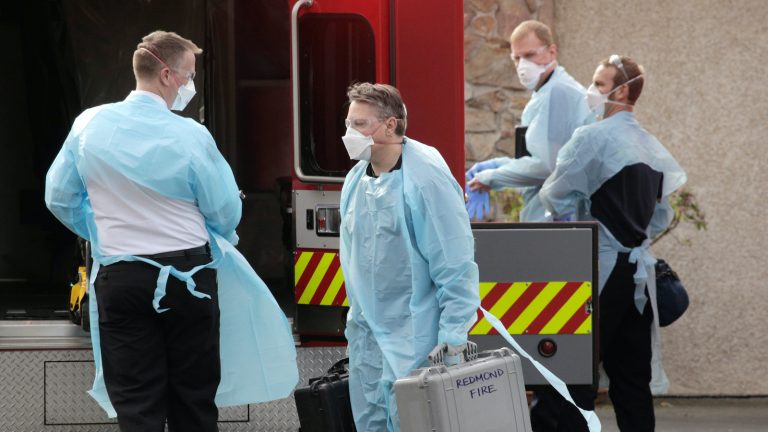We are always told that government regulations are necessary to keep us safe. We need oversight to make sure that unscrupulous businesses don’t take advantage of the unwary consumer. Without the FDA, untested and potentially unsafe food, drugs, and medical devices could wreak havoc on an unsuspecting population, or so we are told. And so, businesses submit to onerous testing and approval requirements. It can take up to a decade for a new medicine to navigate the hurdles of the FDA’s regulatory structure and make its way onto the market, all while costing the developer hundreds of thousands of dollars in compliance costs. During that time, some people who need the medicine will have to go without, and some of those will undoubtedly die, but isn’t this a small price to pay for the peace of mind of knowing the government is looking out for us?
Enter COVID-19. Suddenly, everyone is panicked. Everyone is afraid. We are informed by official sources that the death toll could enter into the millions. In short, our medical system is going to be put sorely to the test, and if there are any weaknesses, you can bet they will soon be made apparent.
A system which functions well in a crisis is one in which all the unnecessary fat has been trimmed away. When the chips are down, you can see which aspects of the system work and which don’t. It is revealing, therefore, to observe some of the policy decisions made under crisis conditions and to think about the motivations behind them.
Of course, some of these policies are of questionable use even in an emergency. Bans on the operation of private businesses, travel, and general orders for people to not leave their homes are obviously intended to minimize contagion, and would make no sense under other circumstances.
But each of these policies comes with its own cost and it’s unclear whether that cost is greater or less than the benefits of social distancing.
Other polices, however, are downright puzzling. For example, in order to lubricate the medical system and ensure that patients are able to get the help they need, doctors are now being allowed to operate across state lines. This seems like a wholly reasonable step to take, but it’s rather a headscratcher that it took a pandemic to make anyone see that this is a good idea. If restricting doctors to in-state practice is bad for patients now, what makes it good for patients at other times? Could it be that this regulation does not, in fact, exist for the benefit of patients, but rather as a way to restrict competition and keep medical prices higher than they would otherwise be? If so, it seems odd that in a country where improving the health care system is a stated priority of every politician, no one has been willing to take on protectionism for physicians until now.
The FDA has also announced that it is reducing approval requirements for COVID-19 testing kits, speeding them through the regulatory process to address the urgent needs of patients who can’t afford to wait years. But aren’t their other patients with other illnesses whose needs are just as urgent? If lighter regulations can help people infected with COVID-19, why can’t they also help those suffering from HIV, cancer, Alzheimer’s disease, and any number of other life-threatening illnesses? Conversely, if we need stringent FDA approval requirements to keep people safe, why would anyone want to introduce further hazard into an already dangerous pandemic by relaxing those regulations now? Again, the answer seems to be that we have always known that the FDA is excessively cautious, but it took a national emergency to convert that knowledge into sound policy.
In New York, Governor Cuomo has suspended a large number of regulations regarding the medical procedures able to be performed by nurses without a doctor’s supervision. This is confusing. Are nurses qualified to tend to patients without supervision or not? Are COVID-19 patients more expendable, or deserving of a lower standard of care than other patients? Or are we simply finding out that some of these restrictions may have been too limiting in the first place? By now, I hope you’re sensing a pattern.
It is my hope that, out of the darkness of the coronavirus pandemic, we will have the opportunity to learn many important lessons.
One of those lessons is that just because we can afford to abide by certain regulations in times of prosperity, it doesn’t mean those regulations are a good idea. When the wheels come off, we see that the rules we thought we needed actually make things worse, not better. If we can help the sick by deregulating, we should do it, not just in an emergency, but all the time. It shouldn’t take a national panic to get medical help to those who needed it beforehand, and who will continue to need it long after this virus has passed.














Add comment